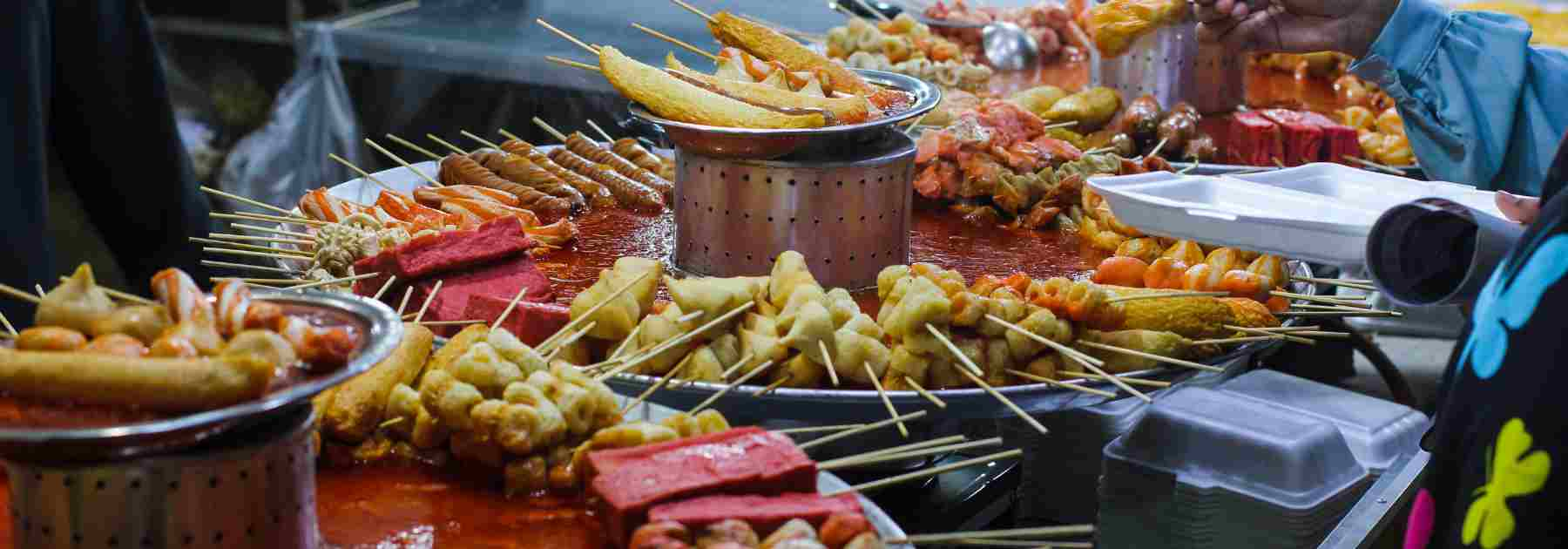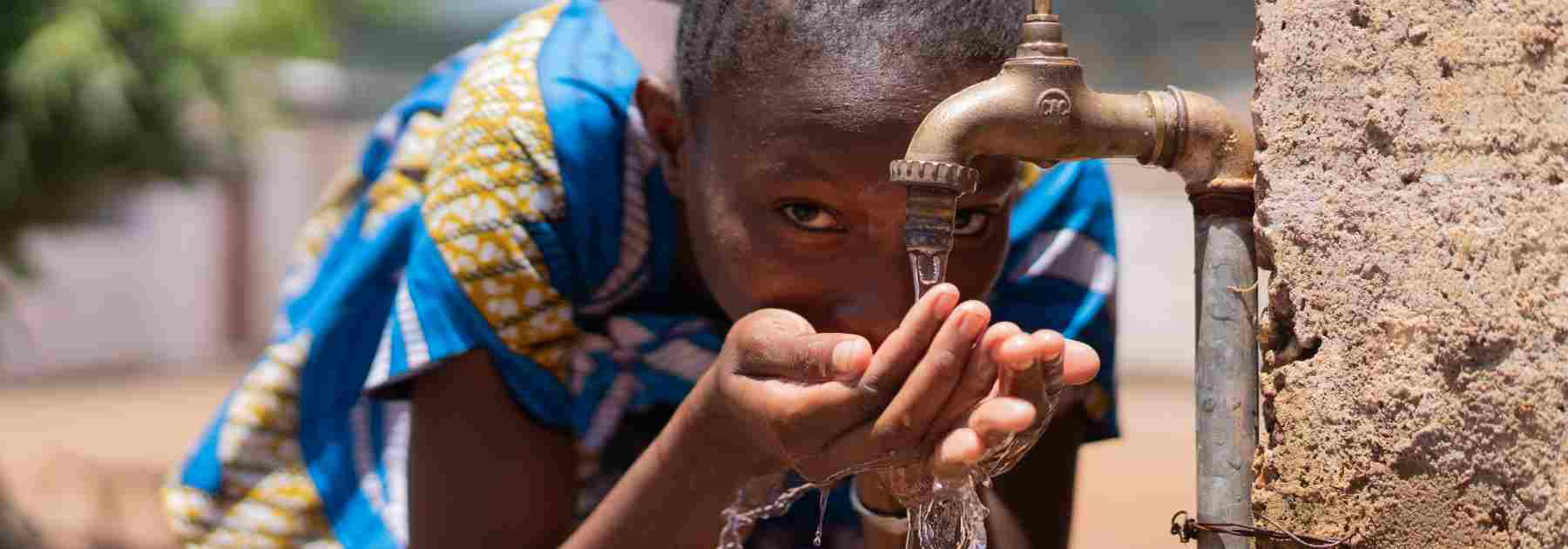Water Safety and Food Hygiene Awareness When Travelling Abroad
Travelling abroad is an exciting opportunity to experience new cultures, cuisines, and landscapes. However, it is important to stay vigilant about food and water safety, as consuming contaminated food or drinks can lead to serious illnesses such as cholera. At Doncaster Chemist, we provide essential travel health advice, including the importance of the cholera vaccine, to help keep you safe on your journey.
Understanding Cholera and How It Spreads
Cholera is a bacterial infection caused by Vibrio cholerae, which spreads through contaminated food and water. It is most common in areas with inadequate sanitation and limited access to clean drinking water, such as parts of Africa, South Asia, and Central America. The infection can cause severe diarrhoea, leading to dehydration and, in extreme cases, life-threatening complications.
Symptoms of cholera include:
- – Profuse watery diarrhoea
- – Vomiting
- – Muscle cramps
- – Rapid dehydration
Without prompt treatment, cholera can be dangerous, but it is highly preventable through proper food and water hygiene and vaccination.

How the Cholera Vaccine Can Protect You
For those travelling to high-risk areas, the cholera vaccine is an important preventive measure. The vaccine is taken orally and helps your body develop immunity against the cholera bacteria. It is particularly recommended for:
- – Travellers visiting rural or high-risk areas with poor sanitation.
- – Aid workers or volunteers working in disaster relief zones.
- – Individuals with pre-existing health conditions that increase their vulnerability to infections.
The vaccine offers protection for up to two years. If you are planning an extended trip to an at-risk area, it is best to discuss your vaccination options with our team at Doncaster Chemist.
Water Safety Tips When Travelling
One of the easiest ways to prevent cholera and other waterborne diseases is by ensuring the water you consume is safe. Here are some key precautions:
- 1. Drink Bottled or Purified Water – Always opt for sealed bottled water or use water purification tablets if necessary.
- 2. Avoid Ice in Drinks – Ice cubes are often made from unfiltered tap water, which may carry bacteria.
- 3. Boil Water When Necessary – If bottled water isn’t available, boiling tap water for at least one minute can kill harmful pathogens.
- 4. Use Water Purification Tablets – These can be useful when travelling to remote areas where clean water sources are scarce.
- 5. Brush Your Teeth with Bottled Water – Even small amounts of contaminated water can cause illness.
- 6. Be Wary of Swimming in Contaminated Water – Open water sources in high-risk areas may carry cholera and other bacteria.
Food Hygiene Tips for Safe Eating Abroad
Along with water safety, food hygiene plays a crucial role in preventing illnesses. Unsafe food can be contaminated with bacteria, viruses, or parasites, leading to food poisoning, typhoid fever, and cholera.
To minimise your risk:
- 1. Choose Hot, Freshly Cooked Food – Hot food is less likely to harbour bacteria than food that has been left at room temperature.
- 2. Avoid Raw or Undercooked Seafood and Meat – These are common sources of bacterial contamination.
- 3. Be Cautious with Street Food – While delicious, street food may not always be prepared under hygienic conditions. Choose vendors who cook food fresh in front of you.
- 4. Peel Fruits and Vegetables – If eating raw fruits and vegetables, wash them with clean water or peel them yourself.
- 5. Wash Hands Regularly – Carry hand sanitiser and wash hands before eating, especially after handling money or using public transport.
- 6. Avoid Dairy Products in High-Risk Areas – Unpasteurised milk and cheese can carry harmful bacteria.

Other Illnesses Related to Contaminated Food and Water
In addition to cholera, several other illnesses can result from poor hygiene while travelling:
Typhoid Fever is spread through contaminated food and water, causing fever, weakness, and digestive issues. A vaccine is available for travellers.
Hepatitis A is a viral infection affecting the liver, spread through contaminated food or water. Vaccination is recommended for high-risk travel destinations.
Travellers’ Diarrhoea is common in many developing countries, often caused by consuming unclean food or water.
Taking preventative measures, including vaccinations and safe food handling, will significantly reduce your chances of falling ill.
When to Get Vaccinated Before Travelling
If you are planning a trip to a high-risk country, you should get your cholera vaccine and other travel vaccinations at least two weeks before departure. This allows your body enough time to build immunity before your trip.
At Doncaster Chemist, we offer travel consultations to ensure you receive the right vaccinations and advice tailored to your destination.

Stay Safe and Healthy While Travelling
Ensuring water and food safety while abroad is crucial for preventing illnesses like cholera. Taking the cholera vaccine, practising good hygiene, and following safety precautions can make all the difference in keeping you healthy on your travels.
Contact Doncaster Chemist today to book your travel health consultation and get vaccinated before your next trip. Safe travels!
This blog was written on behalf of Doncaster Chemist by Pharmacy Mentor.

